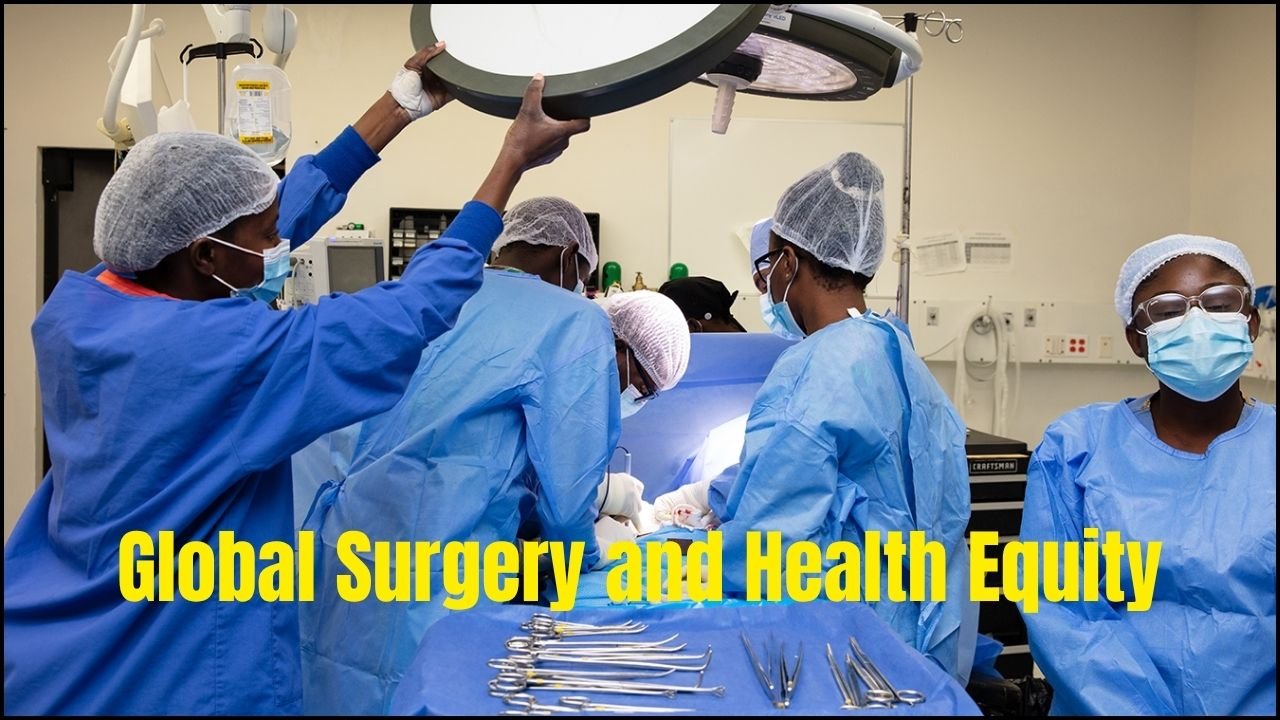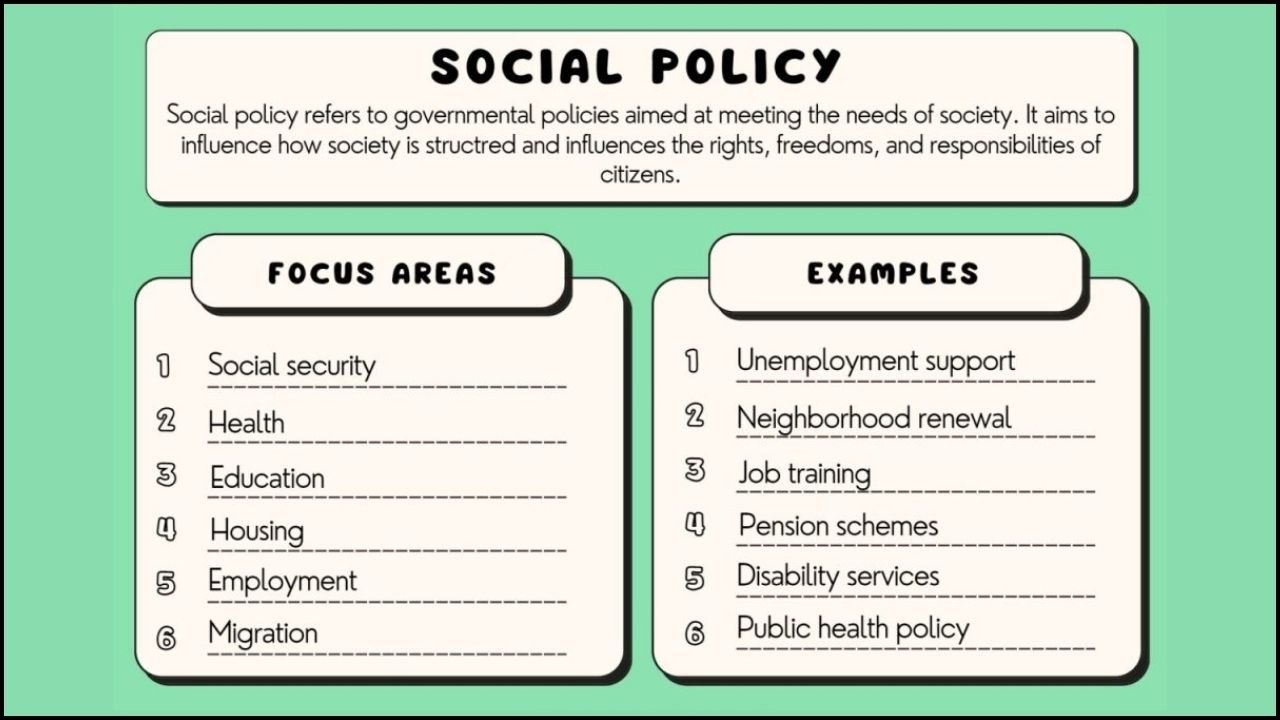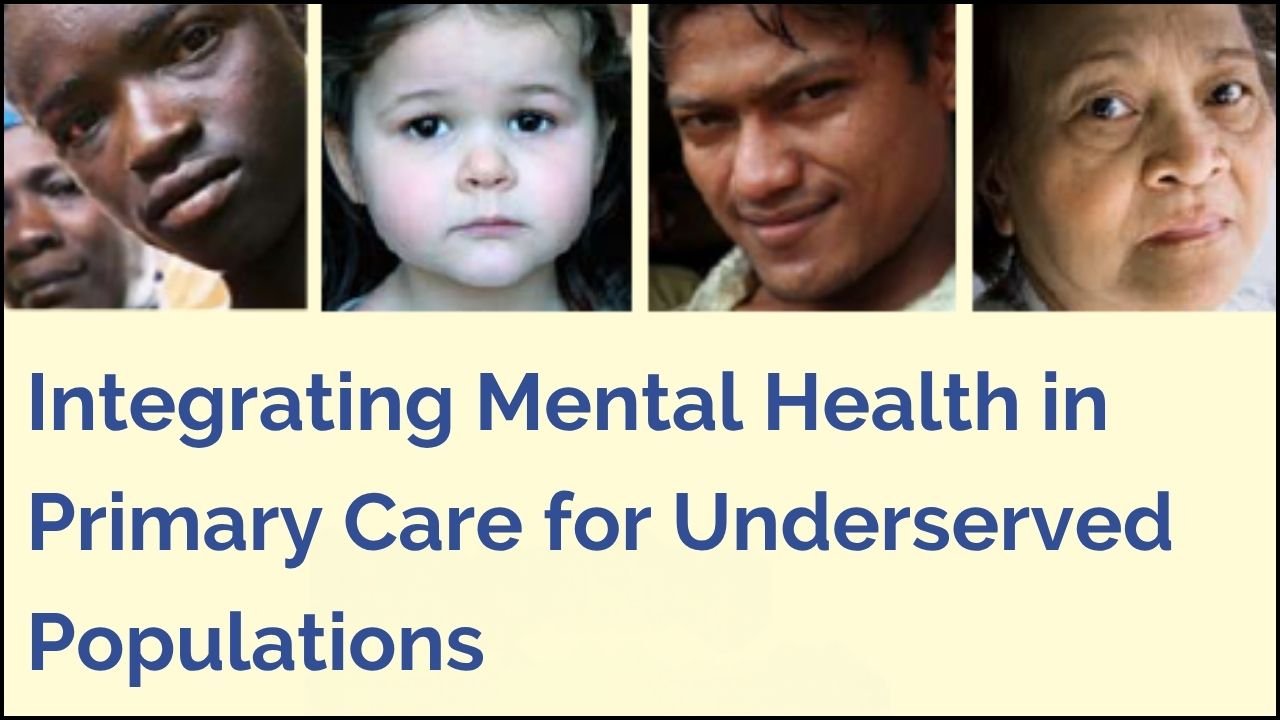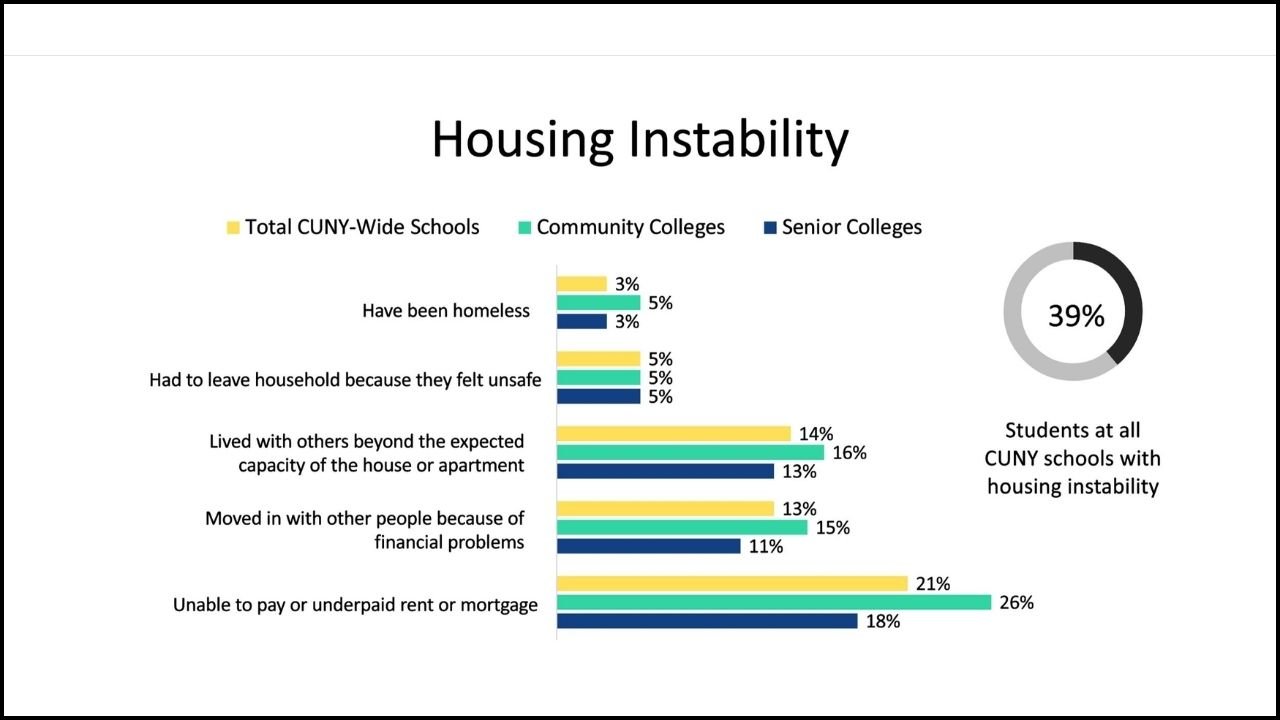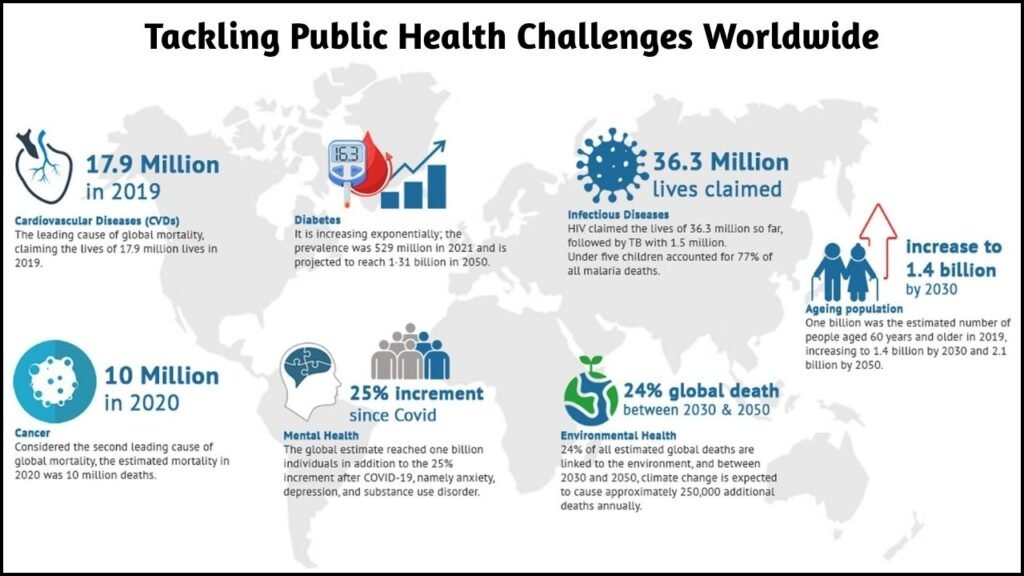
Public health efforts at the Johns Hopkins Bloomberg School of Public Health are making a strong impact both locally and globally. Faculty, students, and partners are working directly with communities to investigate health threats, recommend policy changes, deliver care, and promote healthy behaviors. Each project reflects deep engagement, scientific expertise, and compassion. The following sections highlight selected field initiatives that demonstrate how real-world public health practice helps communities live healthier lives.
Table of Contents
Cancer Cluster Investigation in Frederick, Maryland
A suspected cancer cluster near Fort Detrick, a U.S. Army Base, has led to health concerns among residents. A Bloomberg School team took a closer look at these issues using interviews and storytelling.
- Project Name: Inside Look at a Potential Cancer Cluster
- Location: Frederick, Maryland
- Focus Area: Community health concerns and cancer
- Method: Oral histories, public health interviews, epidemiological analysis
- Key People: Faculty, staff, and students from the Bloomberg School
- Outcome:
- Collected stories of local families affected by disease
- Identified investigative challenges, like a lack of data and community mistrust
- Created a learning resource for other communities facing similar situations
Cancer Cluster Project Overview
| Element | Details |
|---|---|
| Community Concern | Cancer rates near Fort Detrick |
| Investigative Approach | Oral histories, public health interviews |
| Main Challenges | Limited data, emotional stress, and official barriers |
| Resource Provided | Public guide for communities and professionals |
Health Assessment in Delaware County, Pennsylvania
Delaware County had no local health department, making it hard to deliver essential services. A Bloomberg team studied the region and proposed solutions.
- Project Name: Protecting the Health of Local Communities
- Location: Delaware County, Pennsylvania
- Led By: Paulani Mui, Beth Resnick, Aruna Chandran
- Goal: Build a public health system from the ground up
- Outcome:
- Conducted a full health needs assessment
- Provided actionable steps to create a county health department
- Emphasized health equity and accessibility for all residents
Delaware County Health Assessment
| Aspect | Details |
|---|---|
| Problem Identified | Lack of a county-level health department |
| Assessment Conducted | County health status and needs |
| Recommended Solution | Creation of new health department |
| Focus Areas | Health equity, service delivery, policy guidance |
Extreme Risk Protection Orders (ERPO)
Gun violence prevention through policy is at the center of the ERPO initiative. Faculty are working nationally to support laws that remove firearms from people at risk of harming themselves or others.
- Project Name: ERPO Policy Support
- Led By: Shannon Frattaroli, Josh Horwitz
- Coverage: 21 U.S. states + Washington, D.C.
- Focus: Risk-based firearm policies
- Tools Created: Central ERPO information portal, policy training resources
ERPO Policy Initiative
| Component | Description |
|---|---|
| Policy Type | Extreme Risk Protection Orders (ERPO) |
| Goal | Prevent suicides and gun violence |
| Implementation Support | National research, training, and digital resources |
| Connected Initiative | Bloomberg American Health Initiative |
Family Planning Advocacy in Low-Income Countries
Advance Family Planning (AFP) is an advocacy program improving access to contraceptive services in Africa and Asia. The project builds partnerships and trains advocates to influence policies.
- Project Name: Advance Family Planning (AFP)
- Regions: Sub-Saharan Africa, Asia
- Led By: Duff Gillespie
- Focus: Reproductive health and policy advocacy
- Key Achievements:
- Over 300 trained advocates
- Better contraceptive access through policy change
- Monitoring and evaluation tools for advocacy programs
AFP Advocacy Results
| Area | Details |
|---|---|
| Training Program | AFP SMART Advocacy Framework |
| Impact Regions | Over 20 organizations in Africa and Asia |
| Main Outcome | Expansion of family planning access |
| Sustainable Outcome | Network of trained family planning champions |
Mental Health Support in Uganda
Wietse Tol’s work with the Peter C. Alderman Foundation has led to new mental health programs for post-conflict areas. The programs include self-help interventions and maternal health initiatives.
- Project Name: Humanitarian Mental Health in Uganda
- Countries Involved: Uganda, South Sudan
- Partner Organizations: PCAF, Ministry of Health
- Key Activities:
- Adaptation of self-help tools for refugees
- Maternal mental health programs
- Community-based preventive strategies
Humanitarian Mental Health Initiative
| Component | Details |
|---|---|
| Lead Researcher | Wietse Tol |
| Target Groups | Refugees, mothers in conflict zones |
| Approach | Guided self-help, community care |
| Partner Role | NGOs and government collaboration |
Communication for Public Health: CCP Programs
The Johns Hopkins Center for Communication Programs (CCP) develops and spreads behavior change messages. The center’s focus is on public health behaviors like malaria prevention, reproductive health, and nutrition.
- Established: 1988
- Hosted By: Bloomberg School of Public Health
- Key Programs:
- Malaria Behavior Survey: Studied in 11 African countries
- Breakthrough ACTION: Behavior change campaigns in 40+ countries
- SBC Learning Central: Free courses for practitioners worldwide
CCP Key Programs
| Program Name | Focus Area | Reach |
|---|---|---|
| Malaria Behavior Survey | Behavioral data on malaria prevention | 11 African countries |
| Breakthrough ACTION | Health behavior change using communication science | 40+ countries globally |
| SBC Learning Central | Training in social and behavior change communication | Online, global audience |
Moving Forward
Global public health efforts from the Bloomberg School are rooted in real-world challenges and community needs. Each project—from gun violence prevention to maternal mental health—demonstrates a commitment to improving lives using science, partnerships, and communication. These initiatives offer strong examples of how applied research and direct action can bring meaningful health changes to communities worldwide.


